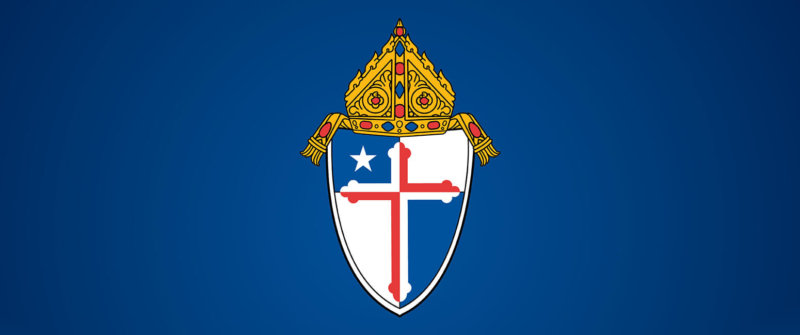For Immediate Release
Friday, September 4, 2020
This year, our nation’s observance of Labor Day carries a sobering significance. We are painfully aware of the sacrifices that so many “essential” workers have made over the last several months, sadly too often sacrificing their very lives in their service to others. As well, we feel deep concern for all who have suffered a loss of employment due to the shutdown of so many aspects of our lives.
It is especially disconcerting to witness how this impact has highlighted entrenched disparities in our social and economic systems. As Archbishop Paul Coakley, chairman of the USCCB’s Committee on Domestic Justice and Human Development, points out in the annual USCCB Labor Day statement, “[T]he virus has spread widely among essential workers such as meat packers, agricultural workers, healthcare providers, janitors, transit workers, emergency responders, and others. As a result, low wage workers, migrant workers, and workers of color, have borne a disproportionate share of the costs of the pandemic.”
Since the publication in 1891 of Rerum Novarum on the “Rights and Duties of Capital and Labor,” the Catholic Church has consistently stood for the rights of workers and especially the marginalized in society. Today, our solidarity especially with the working poor, the unemployed, and communities of color who too often bear the brunt of unjust economic disparities, is more important than ever.
In continuing this tradition of the Church, we must recognize anew our urgent responsibility to shine the light on inequities in preparing people for gainful employment, challenging hiring practices that deny opportunity and perpetuate homogeneity rather diversity in our workplaces. Importantly, we remain fully committed to the work begun through our archdiocesan Racial Justice initiative to speak out against racial injustice, to promote social and economic equity, and to take action to change structures within and without the Church that contribute to these disparities.
We are mindful as well of our rural and working class communities who are equally shouldering the burden of our current-day challenges. In the face of such great need, we must do all we can throughout the Archdiocese of Baltimore to reach across racial, geographical, economic and other barriers to share generously our compassion, our support, and where we can, our material assistance with our brothers and sisters.
Let us take time this weekend to reflect on how God might be calling us to a renewed understanding of how we lives our lives, and how we must act to right the economic and social injustices of our society. As Pope Francis reminds us, “Our civilization — so competitive, so individualistic, with its frenetic rhythms of production and consumption, its extravagant luxuries, its disproportionate profits for just a few — needs to downshift, take stock, and renew itself.” (Letter to the World Meeting of Popular Movements, Easter Sunday, April 12, 2020)
May the words of our Lord inspire our efforts to bring comfort to all who seek our help: “Come to me, all you who labor and are burdened, and I will give you rest.” (Matthew 11:28)
###
About the Archdiocese of Baltimore
The Archdiocese of Baltimore, established as a diocese in 1789, is the Premier See of the Roman Catholic Church in the United States. The archdiocese serves more than a half-million Catholics and encompasses most of the state of Maryland, serving the greater community in various ways.
Media Contact
Mary Ellen Russell
410.547.3158 (office)
443.994.0879 (cell)


